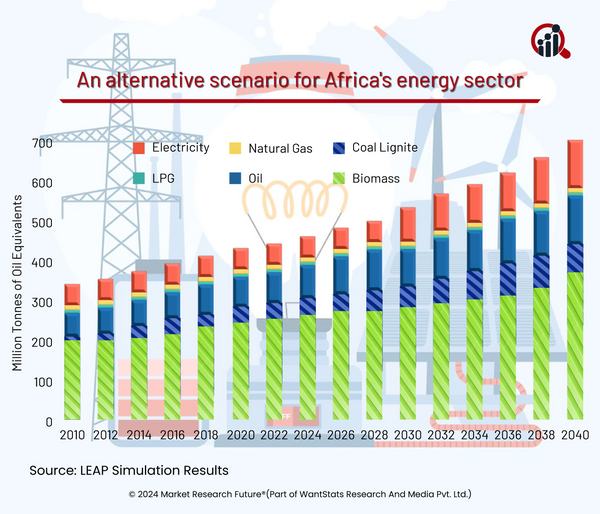Africa’s Renewables to Help in Energy Transition in 2024
The global energy sector is experiencing changes amid green energy transformation. Countries worldwide are investing heavily in the clean energy transition. However, attaining net zero emissions within the stipulated period is difficult. Developing regions like Africa are making immense efforts in the energy sector to get on track with energy transformation in 2024.
Based on the recent development of Africa's energy sector, the country aims at a faster transformation of clean energy transition. Funding and financial support for the country are essential aspects of the clean energy transition for developing countries. Experts believe that African countries' energy transition depends mainly on policies and funding. The policies and regulatory interventions help countries in the energy transition and socioeconomic development. It helps the growth of third-world countries as social and economic aspects mainly define their status. The clean energy transition in Africa aims to increase affordable and reliable energy for people across the region. Many initiatives, like the development of automotive sectors for electric vehicles, can be helpful, too. Africa's renewables, such as solar and wind energy, can generate electricity. Therefore, investments and public-private partnerships can help to enhance clean energy production.
South Africa's clean energy transformation can be a model for Africa's energy transition in 2024. The region needs to focus strictly on clean and renewable energy solutions. Experts claim that public-private sector partnerships will solve funding gaps. Additionally, it will enhance large-scale investments in the renewable energy sector. Developed countries can support African regions with international funding, too. A recent survey by the African Development Bank shows that 640 million people in Africa do not have access to energy.
Moreover, the electricity access rate is 40 percent for African countries. It has the lowest recorded electricity rate globally. Therefore, the African region aims to achieve clean electricity access by 2025. This attracts an investment of USD 60 billion and USD 90 billion annually in the upcoming two years. Therefore, researchers suggest that African countries can transform the energy sector to attain sustainability.






